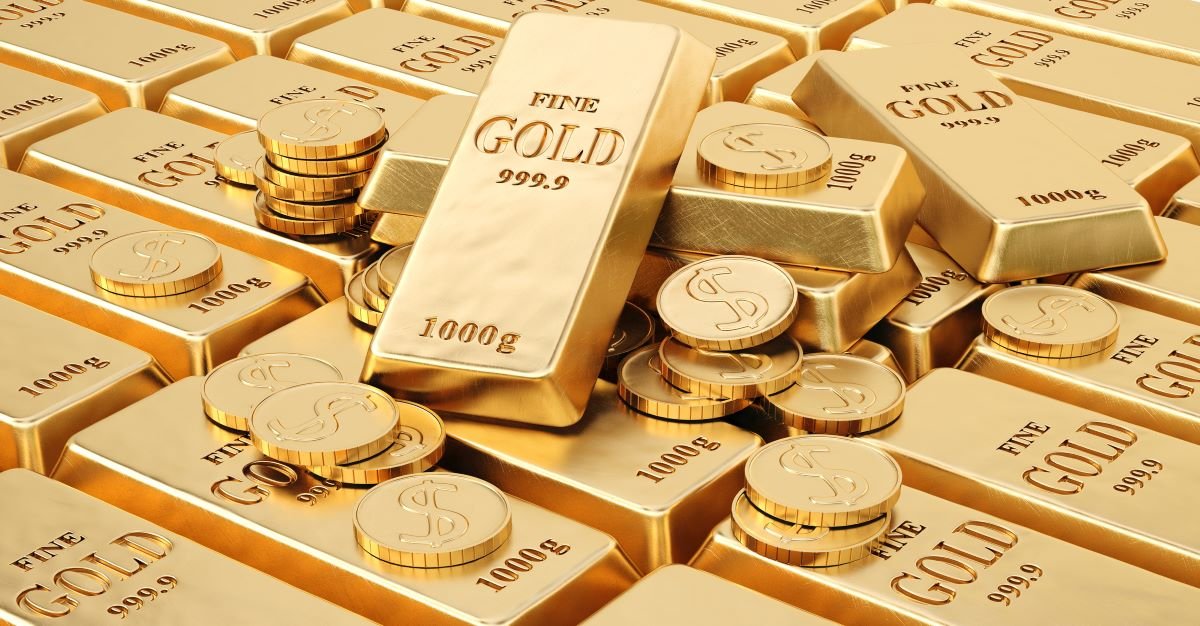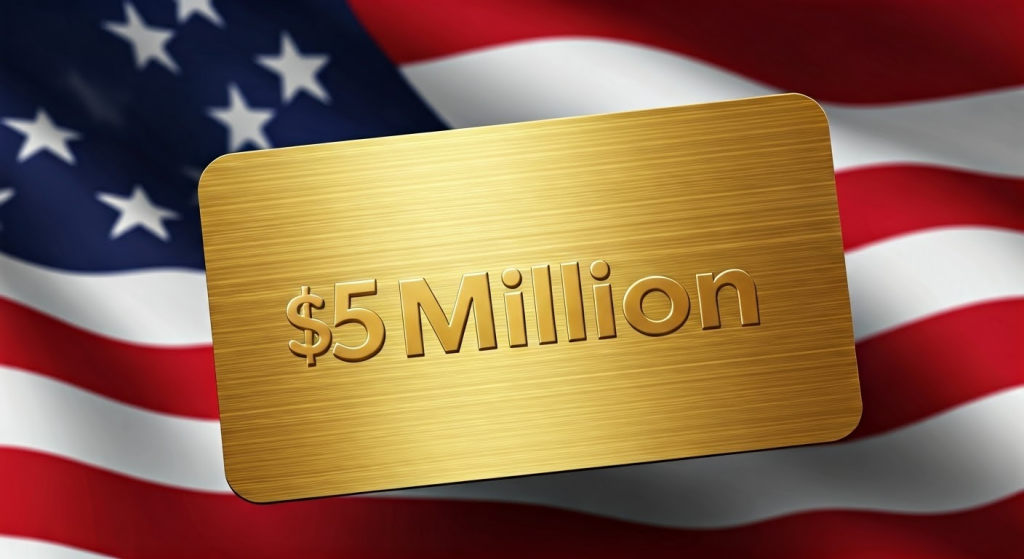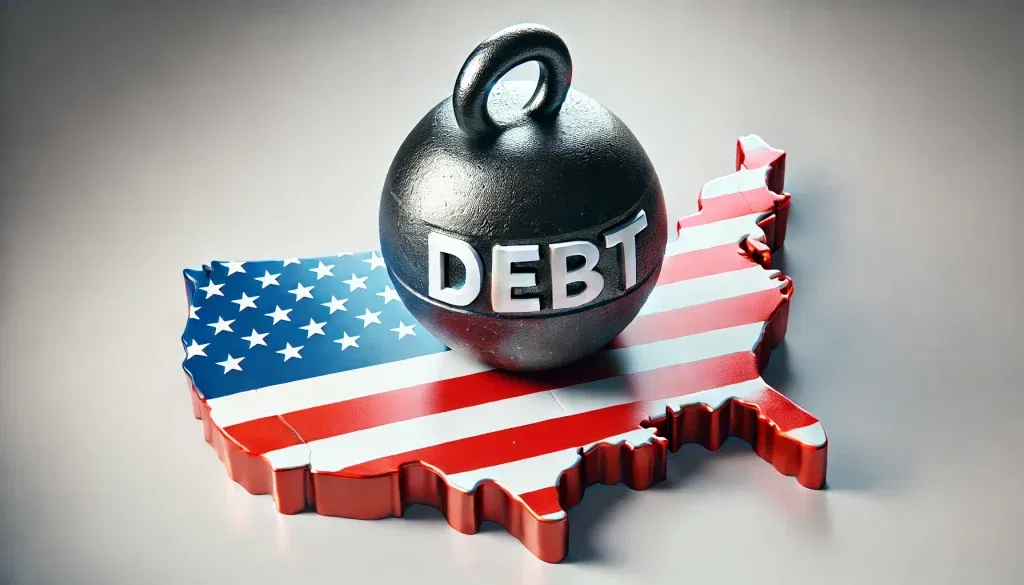If there’s one thing the world has taught us over the past 18-24 months, it’s that everything can change… in an instant.
We’ve seen the world shut down over a virus. Riots, looting, and chaos spilled into the streets in some of the most stable democracies in the West.
Fanatical progressives in the Land of the Free hijacked the education system, from kindergarten through university, and began forcing their woke doctrine into young minds.
The Twitter mob engaged in witch hunts to ruin the lives of anyone who expressed intellectual dissent, and enraged zealots canceled everything– from Dr. Seus, to buildings named after Abraham Lincoln.
Science turned its back on civil discourse, and even “men cannot get pregnant” became a controversial assertion.
Big Tech companies began censoring anything that didn’t conform to the official narrative they want you to believe.
Prominent US companies, including Disney, Marriott, and the National Basketball Association, sold out their most basic morals and groveled to the China Communist Party in hopes of advancing their economic ties in the country.
And, of course, the US lost 20 years of progress in Afghanistan… in just one week.
These events barely scratch the surface of what we’ve seen over the past 1-2 years. But it’s obvious at this point that anything can happen.
As the President and Chief Operating Officer of Palantir Technologies recently put it, “You have to be prepared for a future with more Black Swan events.”
And that’s why Palantir purchased roughly $50 million worth of gold.
Palantir is obviously a tech company, not a gold trader. And $50 million represents roughly 2% of the company’s assets, so it’s just a small portion of the balance sheet.
But they understand that gold is a hedge– a financial insurance policy that literally goes back thousands of years.
Now, no one possibly has that sort of investment horizon. But even over more ‘mortal’ periods, gold still demonstrates solid performance… depending on how you look at it.
Over the past 20 years, for example, gold has vastly outperformed the S&P 500.
$10,000 invested in gold in 2001 would be worth around $65,000 today, while $10,000 invested in the S&P 500 in 2001 would be worth roughly $45,000 today, assuming all dividends were reinvested.
But over the 10-year period from August 2011 through August 2021, the return on the S&P 500 has been much higher than gold’s.
In the 1970s, when inflation was running rampant in the US, ‘real’ assets like gold posted astonishing returns, while the stock market went absolutely nowhere.
Yet in the 1980s, the stock market was a better investment than gold.
If you pick varying dates and time horizons, you will easily find periods when gold was a better investment, and periods when stocks were a better investment.
But as I’ve written before, it doesn’t have to be a competition. No one is going to force you to choose.
Most people understand the concept of diversification when it comes to investing. It’s simple: DON’T keep all of your eggs in one basket.
With investing, people diversify their stock portfolios by owning companies in different sectors– Apple, Boeing, Disney, JP Morgan.
But real diversification takes a very big picture view of risks– country risk, currency risk, systemic risk.
If you’re 100% exposed to a single country, you’re not diversified. If you’re 100% exposed to a single currency, you’re not diversified. If you’re 100% exposed to a single asset class, or even asset ‘type’ (i.e. ‘paper’ assets versus physical assets), you’re not diversified.
Yes, shares in very large companies do represent some country and currency diversification since they earn money all over the world. But they’re still paper assets concentrated in a single asset class.
Proper diversification include things like foreign companies and/or stock indexes; shares of privately-held operating businesses; digital assets like cryptocurrency; high quality cash equivalents; intellectual assets like royalties; and physical assets like gold and silver.
Again, no one is forcing you to choose, or to put all of your eggs on one basket. There’s no reason why you can’t spread your assets around multiple countries and multiple classes.
Most importantly, it’s worth asking the question– “are you prepared for a future with more Black Swan events?”









